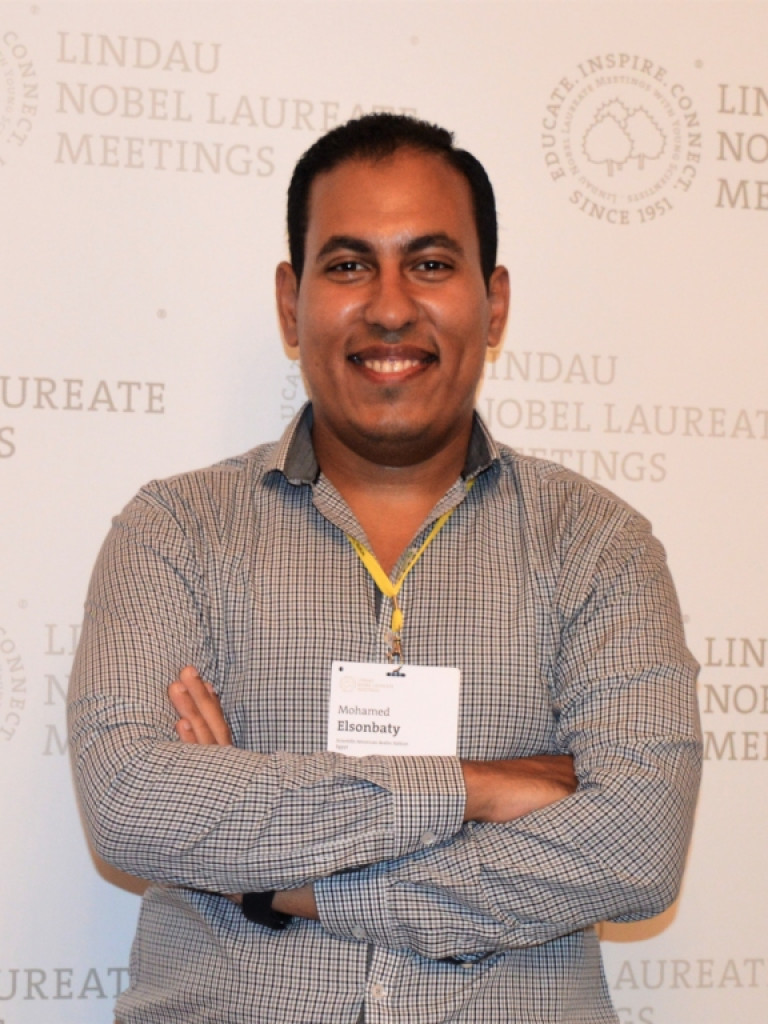
Mohamed Elsonbaty Ramadan
- 2017
- Press Fellow
Mohamed Elsonbaty Ramadan is a award-winning freelance science journalist, science communication consultant and trainer from Egypt. With a background in Pharmaceutical Sciences (Alexandria University) and Science Communication and Public Engagement (MSc, University of Edinburgh), Mohamed published 650 scientific articles in many reputable websites and magazines including Scientific American, MIT Technology Review, SciDev.Net, MIT Technology Review, and AlJazeera. As a consultant, Mohamed has worked for the British Council, 1001 Inventions and the American University in Cairo. As a science journalism and communication trainer, he has delivered numerous training sessions for scientists, researchers, media professionals, journalists, teachers and science communicators on communicating scientific content effectively and successfully to wide range of non-specialist audiences. Among the international organizations he has collaborated with are the British Council, DW Akademie, the American University in Cairo, and 1001 Inventions. Mohamed founded the digital platform Arab Science-Media Hub and co-founded the Arab Forum of Science Media and Communication to strengthen capacity building in science journalism and communication in the Middle East and North Africa (MENA) region. 1. Why did you choose to become a science journalist? I still remember the first time I learnt about “Science Journalism” when participating in the FameLab science communication competition in 2010. The FameLab experience made me discover that communicating science to the public, especially through writing, is my real passion. Therefore, after obtaining a Bachelor’s degree in Pharmaceutical Sciences in 2011, I decided to shift my career to science journalism and communication. 2. What role do science and science communication play in your country? There is a real need for science and science communication in Egypt. Science can play a crucial role in finding solutions to the problems that Egypt faces today, as well as in contributing to sustainable social and economic development for a brighter future. Science communication is essential to enhance public awareness, understanding, attitude and engagement with science, in order to bridge the existing gap between the scientific community and the public. 3. What are the main challenges of science journalism in your country? From my point of view, the lack of professionally trained science journalists and communicators poses the main challenge to the field. Egypt’s education system does not offer any degrees in Science Journalism or Communication and accordingly, practitioners acquire neither the academic background nor the professional training to help them perform their jobs effectively. This confirms the need for professional capacity building activities aiming to create a new generation of Egyptian science journalists and communicators. 4. Where do you see the big societal transformations in the future? What scientific research/discovery will change our world? I believe that research in artificial intelligence and the merge between human and machine will be among the most important scientific fields that are going to shape the future of the entire humanity. The applications of the developments in these fields are endless and will result in massive and deep societal transformation. However, there are many ethical concerns that should be addressed, as well as big questions that need answers. 5. What book, movie or song has radically changed your perspective? And why? The Alchemist, a novel written by the Brazilian writer Paulo Coelho, will be my answer. This book has changed my point of view towards life and its meaning completely. It made me realise the importance of having a passion to follow and a dream to pursue throughout my life. Additionally, it showed me that the true essence of my life should be the journey itself. Thus, I learnt to appreciate every day of my life as a gift.